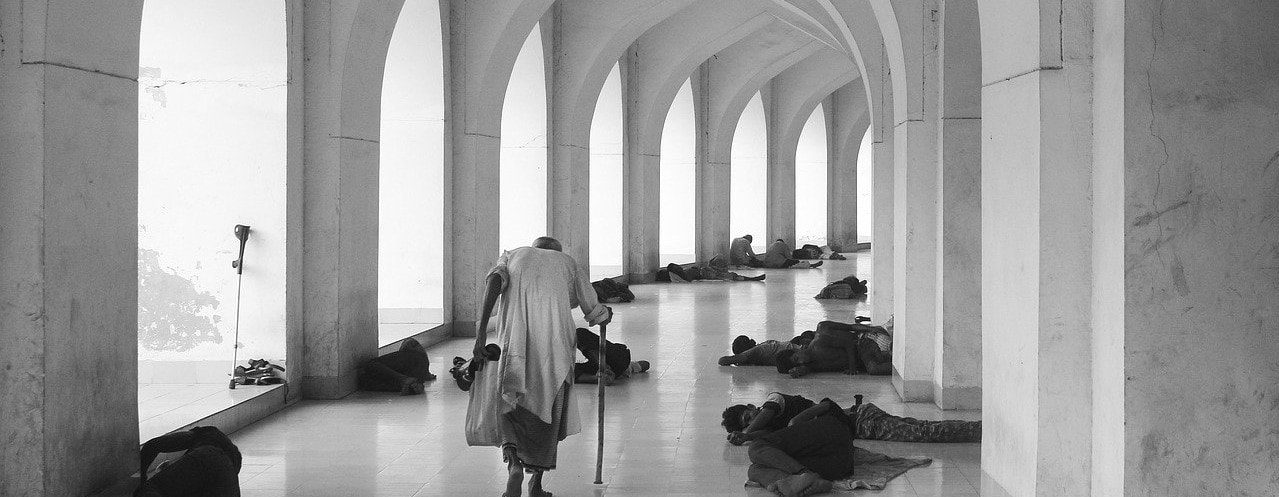What Is the Ruling Regarding Performing the Sunna Prayers Immediately After the Obligatory Prayer?
Question: What is the ruling regarding performing the sunna prayers immediately after the obligatory prayer without pausing for supplications and remembrances?
Answer:
In the Name of Allah, the Most Merciful and Compassionate,
Praying Sunna Prayers First
It is recommended to pray the sunna prayers immediately following the obligatory prayers and then to do make the supplications and remembrances thereafter. [Shurunbulali, Maraqi al-Falah]
There are 12 units of prayer that comprise the emphasized sunna prayers. They are listed as follows:
2 before Fajr
4 before Dhuhr
2 after Dhuhr
2 after Maghrib
2 after ‘Isha
The Messenger of Allah (Allah bless him and give him peace) said, “No Muslim slave (of Allah) prays for Allah, each day, twelve supererogatory units of prayer, other than the obligatory, except that Allah builds for them a house in Paradise…” [Muslim]
The Prophetic Practice
The Prophet (Allah bless him and give him peace) is described by A’isha (Allah be pleased with her) as praying the sunna prayers right after the prayer. She said, “Then he would go and lead the people in prayer; He would then return home and pray two units. He would lead the people in Maghrib prayer then return home and pray two units. He would lead the people in the ‘Isha prayer then return to my home and pray two units….” [Muslim]
The home of A’isha was attached to the Mosque of the Prophet (Allah bless him and give him peace).
Performing Remembrances First
Performing the supplications and remembrances directly after the prayer is allowed but not the ideal method. [Shurunbulali, Maraqi al-Falah citing al-Halwani]
Secondary Considerations
However, if doing the remembrances first entails a greater good it is preferred. Doing this may serve as a means for the congregants not to neglect the supplications and remembrances.
If the imam stands to pray the sunna prayers, the congregants may succumb to laziness and leave without sitting for the post-prayer remembrances and maybe even leave the sunna prayers.
Disliked Elements
What is discouraged is doing actions that are foreign to the prayer, such as eating, drinking, or worldly speech. Doing so diminishes one’s reward. [Ibid.]
I hope this helps,
Allah knows best.
[Shaykh] Yusuf Weltch
Checked and Approved by Shaykh Faraz Rabbani
Shaykh Yusuf Weltch is a teacher of Arabic, Islamic law, and spirituality. After accepting Islam in 2008, he then completed four years at the Darul Uloom seminary in New York where he studied Arabic and the traditional sciences. He then traveled to Tarim, Yemen, where he stayed for three years studying in Dar Al-Mustafa under some of the greatest scholars of our time, including Habib Umar Bin Hafiz, Habib Kadhim al-Saqqaf, and Shaykh Umar al-Khatib. In Tarim, Shaykh Yusuf completed the memorization of the Qur’an and studied beliefs, legal methodology, hadith methodology, Qur’anic exegesis, Islamic history, and a number of texts on spirituality. He joined the SeekersGuidance faculty in the summer of 2019.
